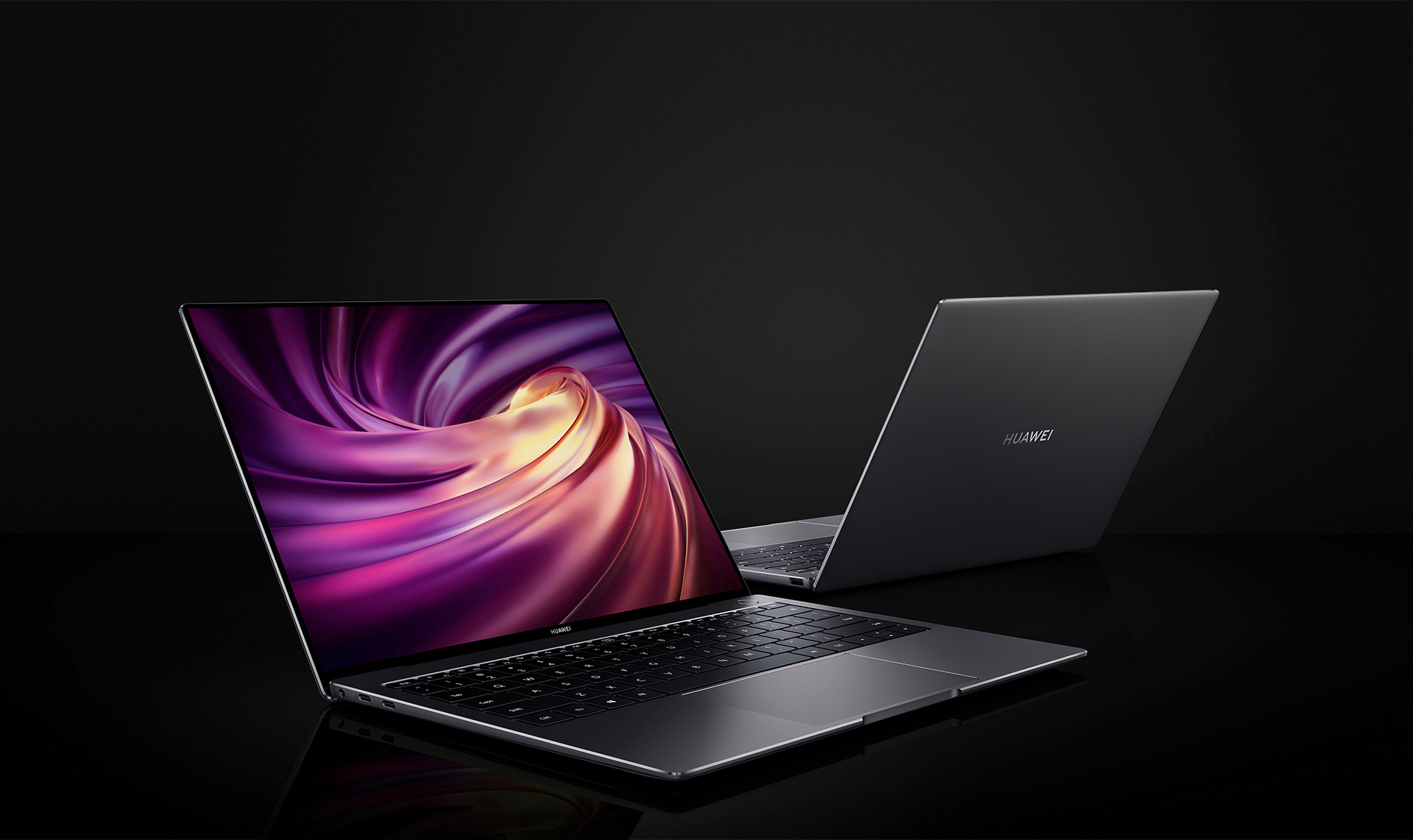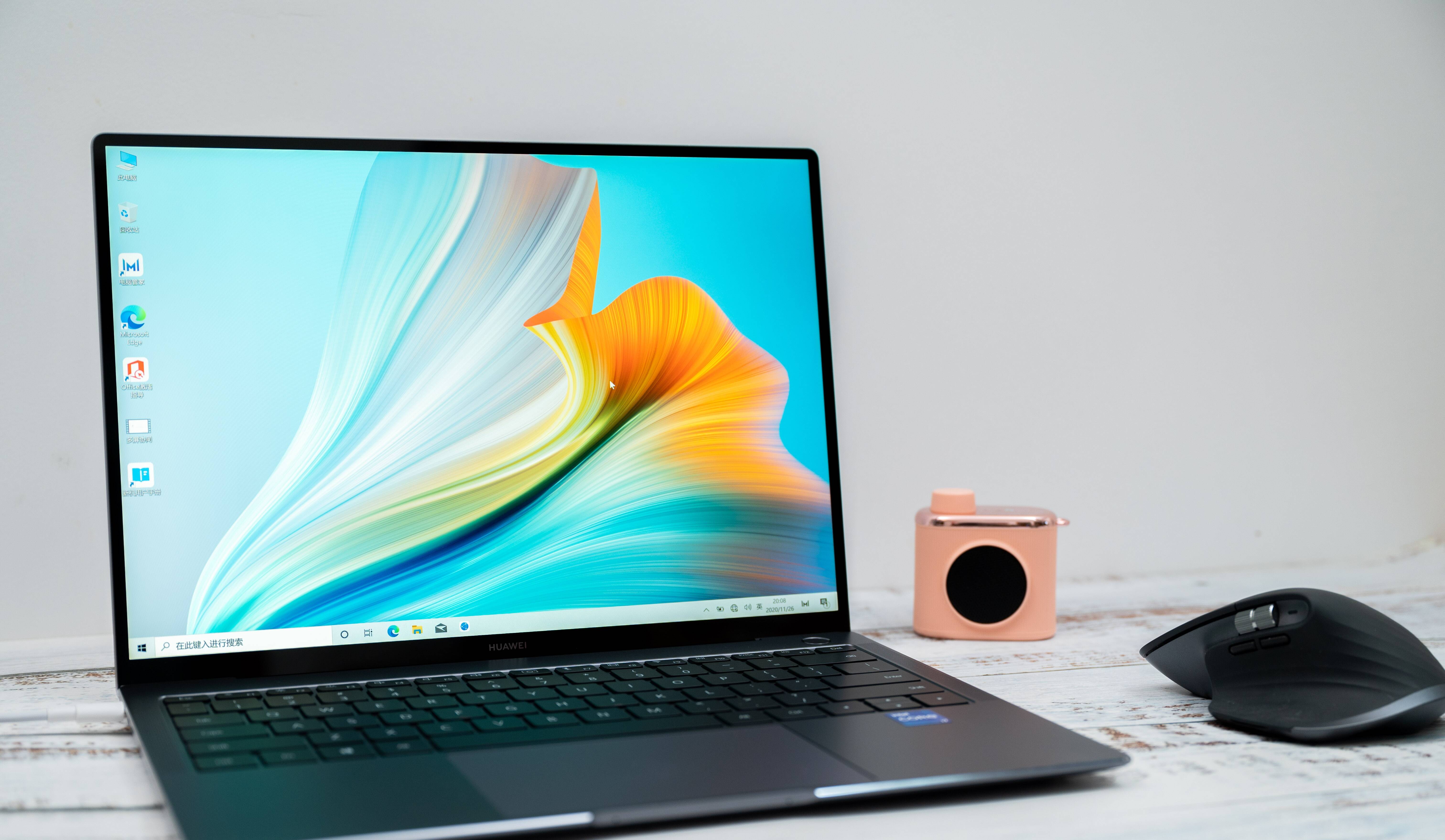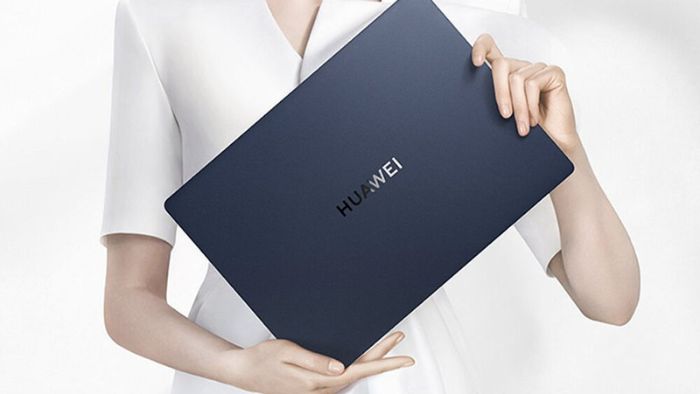Exploring the cutting-edge technology behind Huawei’s MateBook X Pro 2024, equipped with an Intel Core Ultra processor powered by AI, raises questions about the industry’s future. The controversy surrounding Huawei’s integration of Intel AI chips into their flagship laptop reflects the ongoing U.S.-China tech tensions and their impact on global technological advancements.

Huawei’s Use of Intel AI Chips in MateBook X Pro 2024
Huawei’s introduction of the MateBook X Pro 2024, equipped with the Intel Core Ultra processor and an AI-powered NPU configuration, is a significant technological advancement. However, the utilization of AI chips in the laptop has sparked controversy amidst U.S.-China tensions.
With the U.S. enforcing regulations that restrict the export of AI chips to China, the inclusion of such advanced AI capabilities in the MateBook X Pro 2024 raises questions about compliance with these restrictions. This controversy underscores the intricate intersection between technological innovation and geopolitical dynamics, shaping the landscape of global tech collaborations.

Licensing of Intel AI Chips to Huawei
- In 2020, Huawei secured Intel AI chips via a special license under the Trump administration, a decision that now fuels the Huawei MateBook X Pro 2024 Intel AI controversy.
- The absence of a license renewal, despite U.S. trade constraints on Huawei since 2019, has stirred concerns among lawmakers regarding national security implications and the evolving U.S.-China tech dynamics.

Concerns Voiced by Chinese Representative
The U.S. Department of Commerce’s decision to greenlight Intel chip exports to Huawei for the MateBook X Pro 2024 has sparked worry among the Chinese Council members. Concerns were specifically raised regarding the implications of allowing advanced AI technology to be integrated into Huawei’s flagship laptop amidst the ongoing trade tensions.
Members of the Chinese Council have put forth inquiries regarding the broader governmental strategy concerning the exportation of cutting-edge technologies to entities, like Huawei, which are currently on the trade restriction list. The debate surrounds the potential ramifications of facilitating the infusion of Intel AI chips into Huawei’s products and how this move may influence the intricate web of U.S.-China technology policies.

Silence from Department of Commerce and Intel
Despite the growing concern surrounding the Huawei MateBook X Pro 2024 Intel AI controversy, both the Department of Commerce and Intel have maintained a tight-lipped stance, refraining from providing any official comments on the matter. This silence from key players in the tech industry only adds to the mystery and intrigue surrounding the situation, leaving tech enthusiasts eager for further insights.
In a similar fashion, Huawei, the focal point of this controversy, has chosen not to respond to requests for comments, intensifying the air of uncertainty that hovers over the issue. The lack of communication from Huawei raises questions about the company’s strategic approach to handling such sensitive matters amidst the backdrop of ongoing U.S.-China technology tensions. This silence further underscores the complexities and sensitivities involved in navigating the modern tech landscape.

Escalating U.S.-China Technological Tensions
The Huawei MateBook X Pro 2024 Intel AI controversy underscores the deep-seated technological rivalry between the U.S. and China, manifesting in trade disputes and security concerns. The integration of Intel AI chips in Huawei devices raises red flags regarding potential national security implications, prompting scrutiny on how trade restrictions are enforced in such critical sectors.
Amid the Huawei MateBook X Pro 2024 Intel AI controversy, the intricate web of U.S.-China technological tensions comes into focus, challenging the delicate balance between innovation, commerce, and security. The situation not only sheds light on the evolving dynamics of global tech competition but also underscores the need for robust mechanisms to protect national interests while fostering technological progress.

Additional Information
- The Huawei MateBook X Pro 2024 laptop integrates Intel Core Ultra 9 processor, enhancing performance and efficiency with advanced computing power.
- The Intel AI technology incorporated in the MateBook X Pro 2024 has sparked controversy due to concerns over data privacy and security implications amidst U.S.-China tech tensions.
- This controversy underscores the intricate interplay between technological advancements, international relations, and the evolving landscape of global tech competition.
